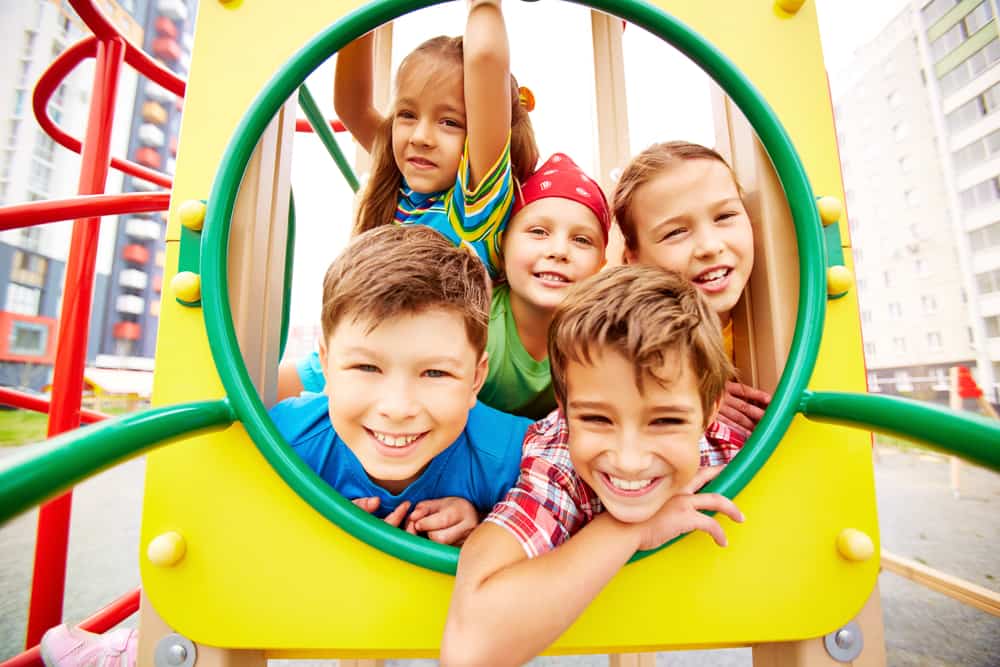

Your child will be encouraged to believe in themselves and reach their potential.
The benefits of our programs
Resilience • Social Skills • Emotional Management

Our programs have been designed to meet the needs of all children and for those experiencing:
- Friendship struggles and dramas
- Bullying, teasing, exclusion
- Low self-confidence and low self-esteem
- Anxiety, worries, sadness, frustration
- School work pressures
- Difficult or unexpected situations such as family separations, changing schools, loss, new situations
The programs equip your child with:
- Confidence to build and grow satisfying relationships with friends and family
- Skills to manage life stresses better
- Improved mental health and well-being
The Life Skills for Kids programs equips your child with confidence to build and grow relationships with friends and family while providing them with the skills to manage life stresses better.
